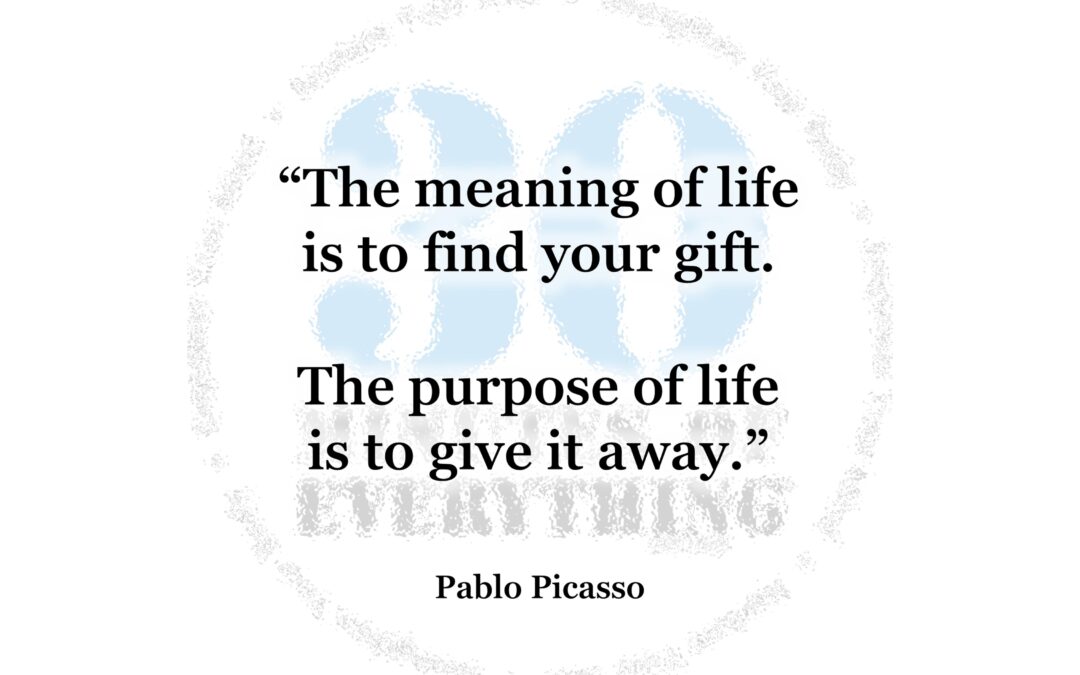If you’ve ever considered adding more plant based foods to your diet, this might be a good time (limited chicken available due to COVID-19). I hear chicken is hard to come by right now, and expensive if you can get it! Of course there are other reasons to add more plant-based options to your diet too. Some people choose to eat limited animal products and others eliminate all animal products. Let’s talk about what it would look like to eliminate all animal products, which would be a vegan diet.
A vegan diet eliminates all animal products. ALL animal products. That means you have to read labels and become really familiar with hidden names for animal products, i.e. fish oil fortified, gelatin (not sure you really want to know what that is made of). Besides meat, animal products also include eggs, dairy, and honey (it’s a product of bees!). Maybe you’re thinking, what can you eat then? You can eat a lot actually, but just different than you do now.
- Veggies
- Fruits
- Grains
- Legumes
- Nuts and seeds
- Tofu and Tempeh
- Plant-based oils
- Natural sweeteners: maple syrup, coconut sugar, etc.
I told you there was a lot you could eat! And of course, you can combine them into incredibly delicious meals. (I’d suggest starting with a vegan cookbook so you don’t have to think too much – it’ll already be done for you). Combining your food is key. Plant based proteins are not typically complete by themselves like chicken or beef are (except for hemp seeds, quinoa, & spirulina). This means they do not contain all the essential amino acids that your body needs. In this case, you would need to combine two incomplete proteins to make one complete protein. Sounds like math, doesn’t it? A few examples would be rice and beans, spinach and almonds, hummus and whole grain pita, and whole grain noodles and peanut sauce. Eat them both at the same meal or in the same day and you have a complete protein with all your essential amino acids. You do have to think about food choices and planning in order to eat a nutritionally balanced vegan menu.
Eating more plant-based products has many benefits. Typically, people demonstrate improved blood pressure, reduced blood sugar levels, lower cholesterol, decreased whole body inflammation, improved sleep, lower risk of certain diseases/conditions, and improved digestion (thank you fiber!). Vegan diets are high in fiber, antioxidants, potassium, magnesium, folate, and vitamins A, C, and E. Collectively, these lead to a healthier food profile than animal-based protein diets; however, without animal products, a vegan diet can be limited in essential fatty acids, vitamin B-12, iron, calcium, iodine, and zinc.
Here’s where the planning come into play to ensure that you get all the nutrients your body needs without animal protein. Including these foods in your diet can help your vegan diet stay balanced.
- Legumes: beans, lentils, peas; excellent source of protein, fiber, iron, iron, folate, and zinc. Eating sprouted or fermented legumes can help absorption.
- Nuts, nut butters, seeds: Great source of protein, iron, fiber, magnesium, zinc, and vitamin E.

- Hemp, flax, and chia seeds: high protein seeds with a good omega 3 to omega 6 fatty acid ratio.
- Seaweed:contains an essential fatty acid, magnesium, iodine, and antioxidants. Also, spirulina and chlorella are good sources of complete proteins.
- Nutritional Yeast: This is full of protein, fiber, zinc, copper, B vitamins, and magnesium. You can find this in a health food store (this is not the yeast you bake bread with). I love this on rice and veggies.
- Sprouted and Fermented Plant Foods: sprouting and fermenting help your body absorb the plant foods.
- Whole grains: good sources of carbohydrates, fiber, iron, B vitamins, zinc, and selenium. Ancient grains have more protein (i.e. spelt and teff) than traditional grains.
- Choline-rich Foods: This nutrient is important for your liver, brain, and nervous system. It is essential to your diet and found in foods like tofu, cauliflower, broccoli, and quinoa.
If you want to learn more about a Vegan diet, you can check out a few documentaries on Netflix; “The Game Changers”, “What the Health”, and “Forks over Knives”. Just some light after dinner movie watching. The documentaries are informative. I promise you’ll learn something. Learning is growth and we can never stop learning. So, no one has to go Vegan overnight or at all if they don’t have any interest, but you could try to swap out a meal a week or a meal a day with a non-animal meat alternative. Lately I’ve been eating more beans and rice (barley, quinoa, mixed rices) with veggies and miso paste. I’m kinda hooked on that right now! I also love a burger and grilled chicken. Balance. That’s what I’m aiming for.

